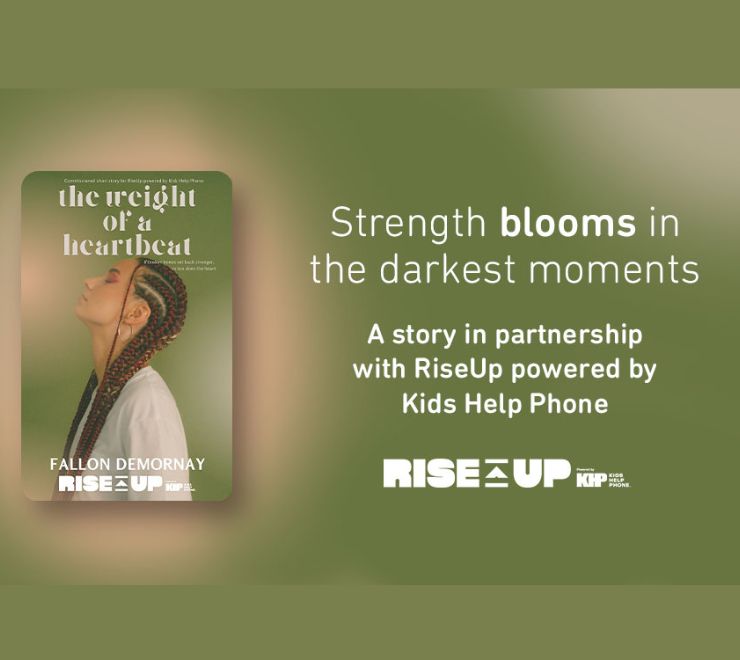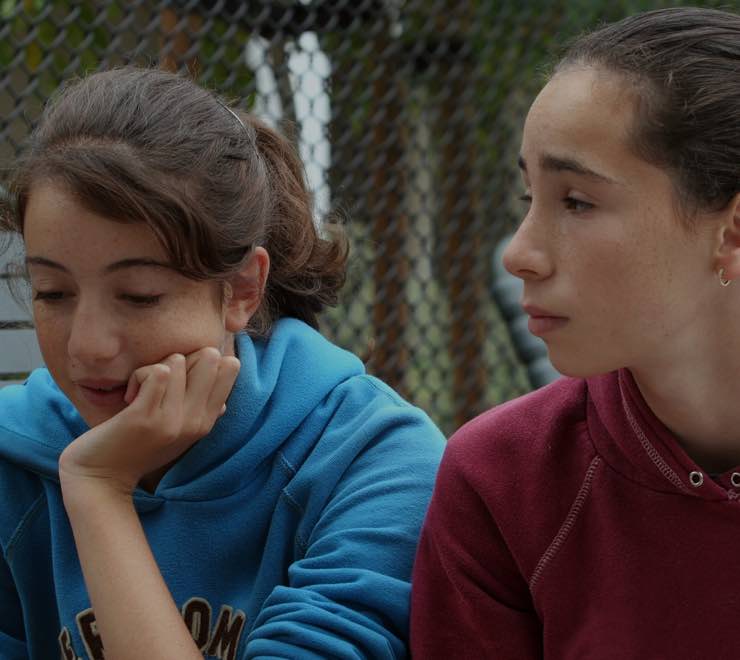Friendships can play a big part in your life. Friends are the people we choose to share our lives with, and sometimes friends can mean as much as family.
Making friends can be challenging, especially if you’re shy. Some people make friends easily, while others may find it difficult or awkward.
If you’re looking to make new friends, here are some ideas you can try:
- Look around: are there people your age in your neighbourhood? Are there people at school you’d like to know better? Could you become better friends with people you already know? It may help to think of people who share some of your interests.
- Show interest: try being friendly and approachable. Listening, learning and asking questions can be a great way to get to know someone well.
- Body language: keep your head up, make eye contact with others and smile at people to let them know you’d like to talk. If you’re shy, this may not come naturally to you. Try something small first: make an effort to hold your head high while you walk down the hall or try smiling at people who seem nice.
- Participate: a lot of people make friends through extracurricular activities. Think of things you already enjoy and look for teams/clubs at school or in your community, volunteer positions, part-time jobs or classes outside of school. These are great ways to meet people who share your interests.
- Take the next step: ask the person if they’d like to do something together. Some ideas include:
- going to the movies
- shopping or hanging out at the mall
- walking home together after school
- sitting together at lunch
- Be a good friend: making good friends has a lot to do with how good of a friend you are. It may help to make a list of things you value in a friend, such as:
- being fun to talk to and hang out with
- being loyal
- being there for others when things get rough
- making people laugh
- liking the same movies, music and hobbies
- being a good listener
This list will help you understand the type of qualities you look for in a friendship, and the type of friend you want to be.
Signs of a strong friendship
Close friends can influence and shape who you are as a person. That’s why it’s important to look at your friendships and decide which ones are strong and supportive, and which ones do more harm than good.
Feeling accepted, respected and free to talk openly is all signs of a strong friendship. It’s important that your friend feels the same way. Some signs of a strong friendship include:
- treating each other with respect
- appreciating each other’s unique traits and qualities
- listening to each other’s thoughts and feelings
- looking forward to seeing each other
- fighting fair when you do fight
- feeling like you can be yourselves
- having fun together
- wanting to help each other when something bad happens
- being honest with each other
- trusting that you’ll keep each other’s secrets and that you won’t spread rumours or gossip about each other
Expectations between friends
Expectations are the ways that you think a friend should act. Expectations also include things you want your friend to do for you (usually without having to ask). It may take time to learn what the expectations in your friendship are.
Expectations are sometimes discovered when a friend stops meeting them. If your friend passes you in the hallway at school without saying, “Hi,” you may guess they’re having a bad day. But if it happens so often that you start feeling hurt or ignored, it’s a pretty sure sign that your expectations aren’t being met.
Knowing your own expectations
It feels bad when a friendship doesn’t meet your expectations, but there can be an upside. When you feel that a friend has let you down, you can better understand what you need and want from a friendship. It also gives you a chance to share that with your friend and work things out together. This can improve your friendship in the end.
If you feel like a friendship isn’t meeting your expectations, questions you can ask yourself are:
- Why do you feel let down or upset with your friend?
- What would your friend have had to do differently for you to feel OK?
- Do you think your friend understood your expectations?
- Do you think your friend would agree that your expectations are reasonable? Why or why not?
- Do you think your friend has similar expectations of you?
What’s up for negotiation?
Having different expectations doesn’t mean that your friendship won’t work. Open communication and a little negotiation can help.
Talking about expectations can be difficult and emotionally charged. Keep these tips in mind:
- Wait until you’re alone with your friend.
- Pick a time when you’re both calm.
- Try to stay fair. Say, “There’s something on my mind that I’d really like to talk to you about.”
- Be specific about how you feel, but don’t accuse your friend of doing something wrong. Say, “I felt let down when ‘X’ happened, and I was hoping you could tell me your side of it.”
- Listen to what your friend has to say with an open mind. Try to understand where they’re coming from. Do things look different from their point of view?
- Name your expectations. If there are certain things about the friendship that aren’t open to negotiation, be clear. For example, “If you’re going to be late, please make sure you call or text me.”
- Accept an apology. Your friend may not realize that they’ve hurt you. That’s why it’s good to be honest and open.
















